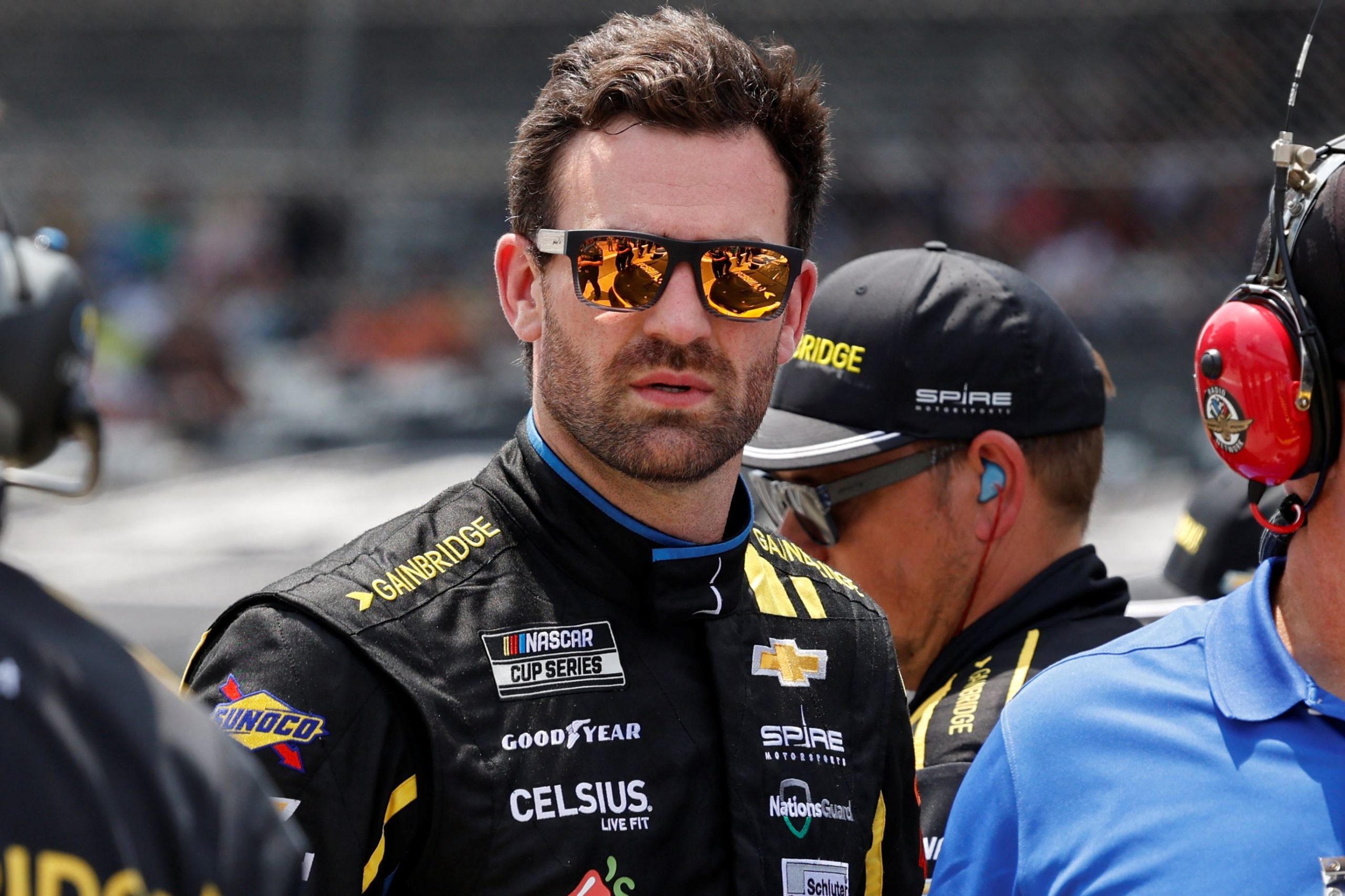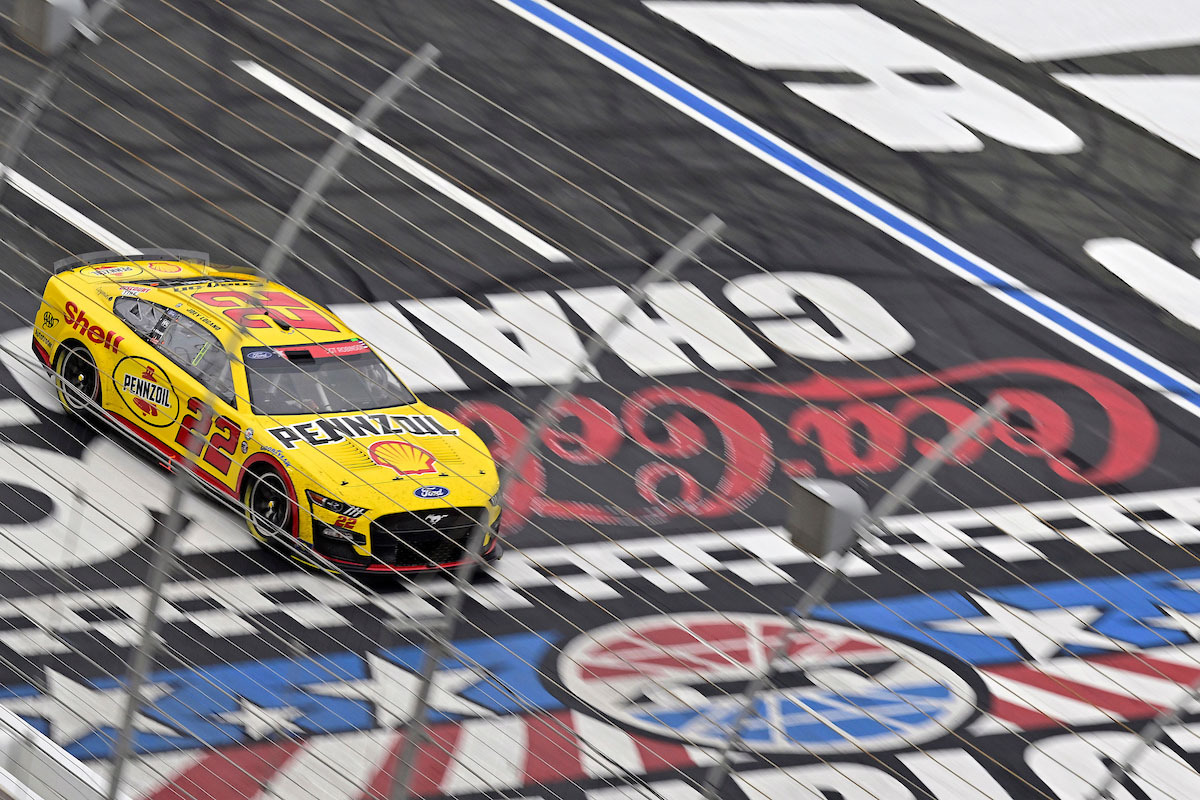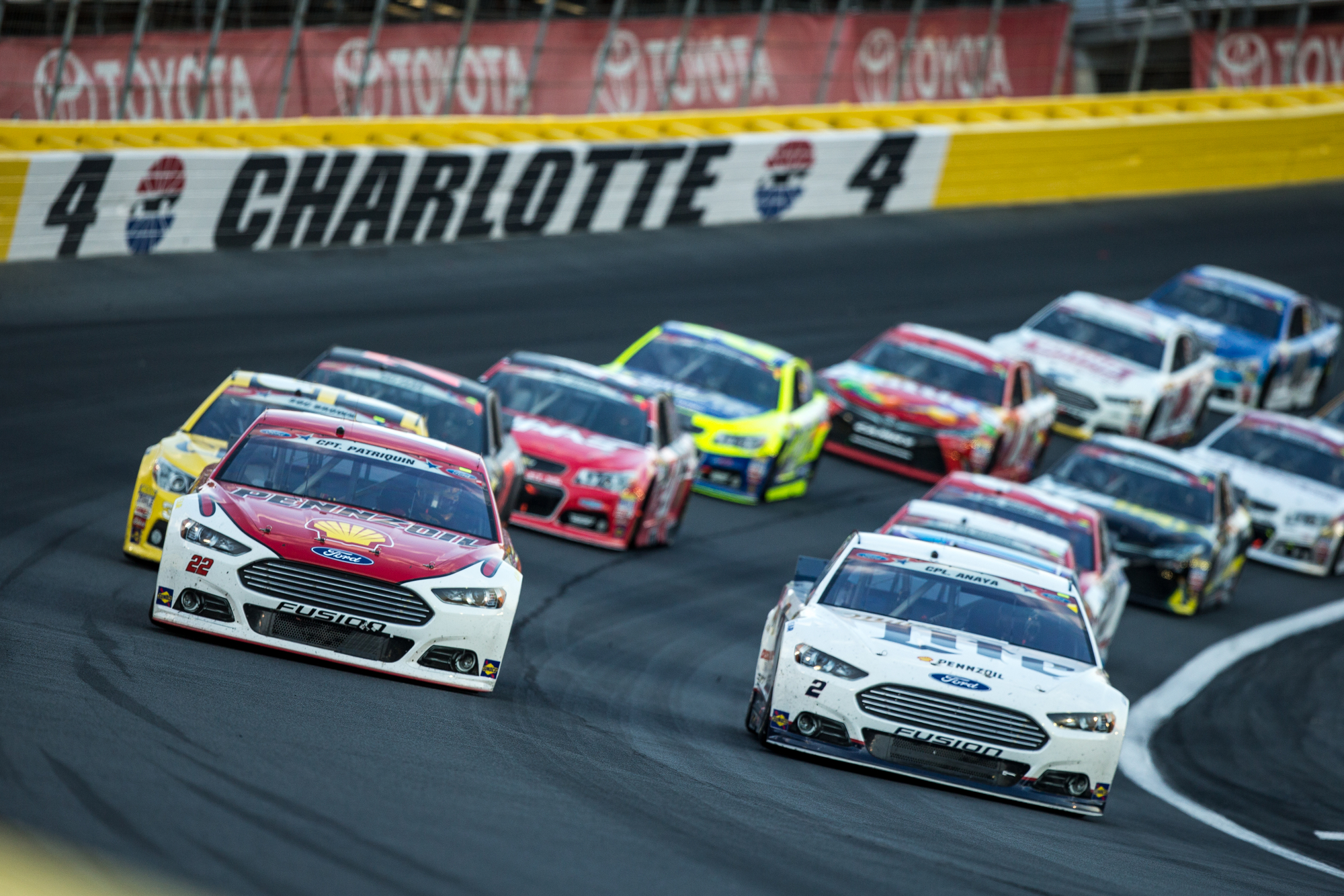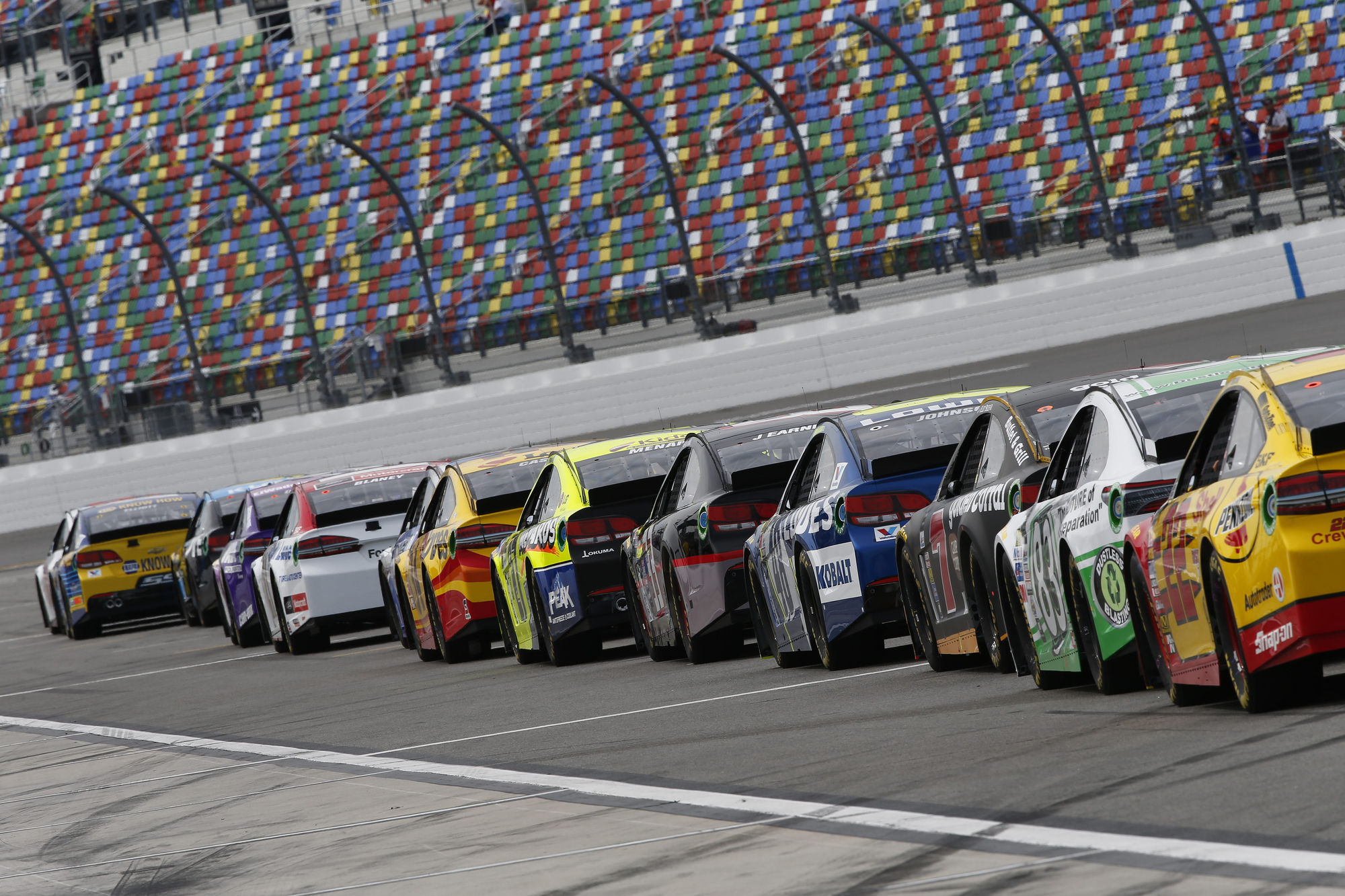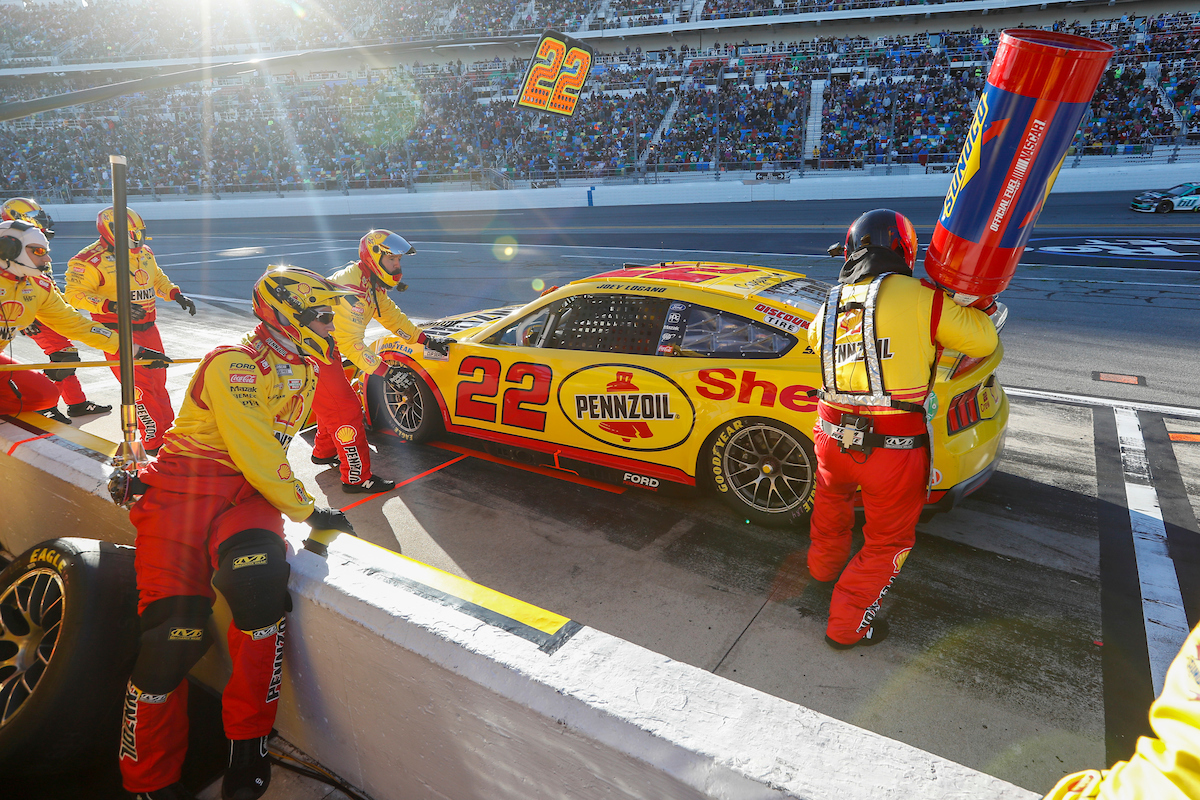What Brand Cars Are Used In NASCAR?
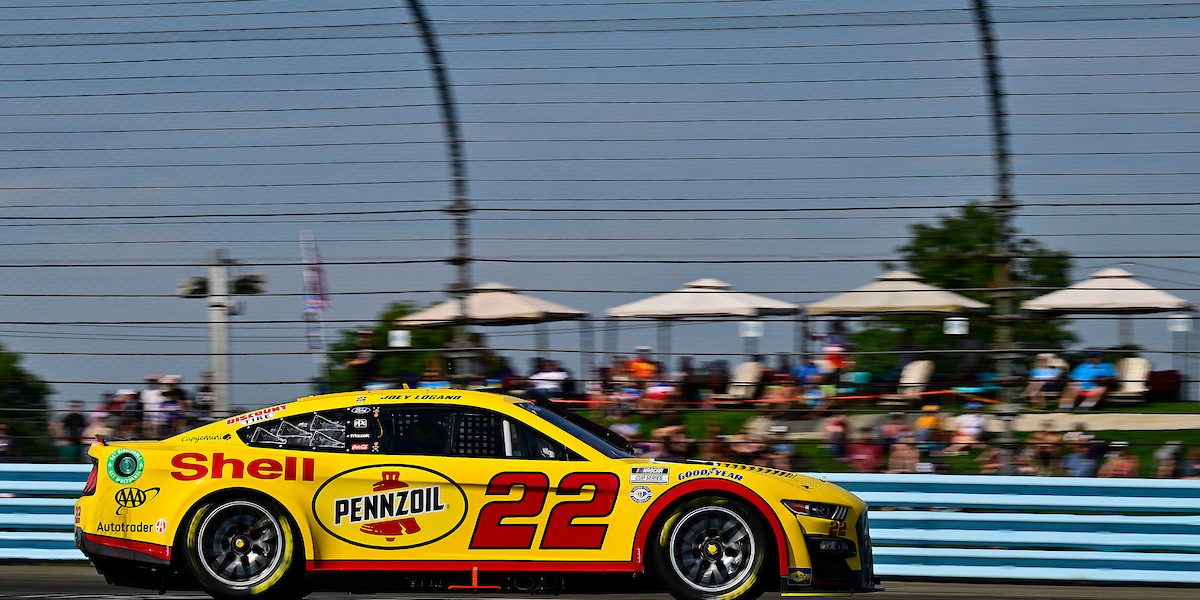
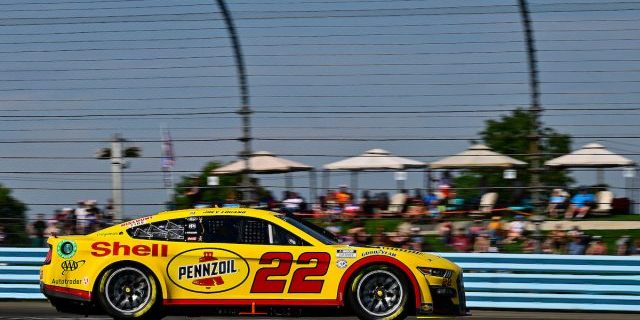
In NASCAR, the cars come from three primary manufacturers: Chevrolet, Ford, and Toyota. Each manufacturer designs and builds its own engines, while the chassis, bodies, and most parts for the current generation of stock cars, known as Generation 7, are produced by independent single-source suppliers. The models used in the Cup Series are the Ford Mustang, Chevrolet Camaro, and Toyota Camry.
Generation 7
Introduced in the 2022 Cup Series season, the Generation 7 car brings several advancements. It features increased chassis rigidity and larger 18-inch wheels and tires, aligning more closely with street-legal counterparts. Despite retaining the same 5.86-liter V8 pushrod engines as the previous generation, the shift to single-source suppliers for chassis and bodies aims to reduce costs and ensure competitive balance across the series.
Table of Contents
A Detailed Explanation of NASCAR’s Vehicle Choices
Chevrolet in NASCAR
Chevrolet has been an integral part of NASCAR’s history for many decades. Their Camaro model, specifically the Camaro ZL1 1LE, is the car of choice for many teams in the NASCAR Cup Series. Known for its aerodynamic design and powerful engine, the Camaro has been celebrated by many drivers for its performance on the track.
Ford’s Legacy
Ford is another brand that has stamped its mark on the NASCAR scene. Their primary race car, the Ford Mustang, represents the brand in the NASCAR Cup Series. With its iconic design and renowned speed capabilities, the Mustang remains a favorite among many NASCAR enthusiasts.
Toyota’s Place on the Track
Unlike Chevrolet and Ford, Toyota is a relative newcomer to NASCAR, having joined only in the early 2000s. However, their presence has rapidly grown with the Toyota Camry representing them in the series. Its competitive performance and modern engineering make it a formidable contender in races.
Dodge (Historical Participation)
Although Dodge is no longer active in NASCAR’s top series, its legacy in the sport is worth mentioning. The Dodge Charger and Dodge Challenger were once fierce competitors on the track. Dodge’s influence on NASCAR history includes memorable races and significant contributions to the sport’s development. Despite its absence today, Dodge remains a beloved name among NASCAR enthusiasts.
The Importance of Manufacturer Support
When it comes to NASCAR, it’s not just about the brand or model of the car. The manufacturer’s support plays a vital role in a team’s success. Support can come in the form of financial backing, engineering expertise, and technological advancements. Teams associated with Chevrolet, Ford, and Toyota often benefit from the technical support and resources these brands provide, giving them a competitive edge on the racetrack.
The Evolution of NASCAR Vehicles
Over the years, NASCAR vehicles have undergone significant changes, with brands adapting to the evolving standards and requirements of the sport. Early NASCAR vehicles were closer to stock cars, but today’s race cars are specialized machines optimized for speed, safety, and performance. This evolution has seen brands like Chevrolet, Ford, and Toyota constantly innovate to stay ahead of the competition.
The Fan Base and Brand Loyalty
One unique aspect of NASCAR is the intense brand loyalty among fans. Chevrolet, Ford, and Toyota each have their dedicated fan base, often rooting for teams and drivers based on the brand of car they drive. This brand loyalty often extends beyond the racetrack, influencing consumer choices in the automobile market.
What brand cars are used in NASCAR? – Final Thoughts
Navigating through the roaring world of NASCAR, you’ve now discovered the significant players in terms of vehicle brands. Chevrolet, Ford, and Toyota not only offer speed and power but bring with them a legacy, innovation, and a dedicated fan base. Remember, it’s not just about the car—it’s about the stories, the support, and the spirit behind every rev of the engine. So, the next time you watch a NASCAR race, you’ll know the history and significance behind each brand that zooms past.


